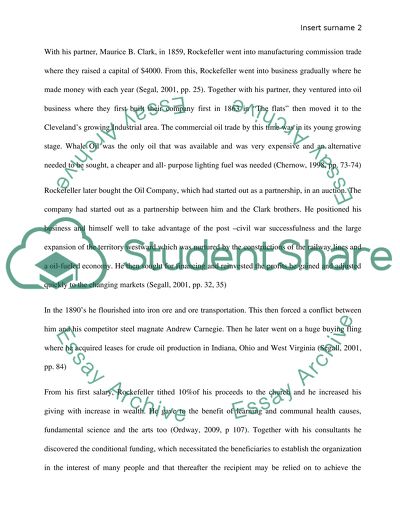Cite this document
(“America's Richest Men and Their Impact in the Country Research Paper”, n.d.)
America's Richest Men and Their Impact in the Country Research Paper. Retrieved from https://studentshare.org/history/1447534-america-s-riches-men-and-their-impact-on-the
America's Richest Men and Their Impact in the Country Research Paper. Retrieved from https://studentshare.org/history/1447534-america-s-riches-men-and-their-impact-on-the
(America'S Richest Men and Their Impact in the Country Research Paper)
America'S Richest Men and Their Impact in the Country Research Paper. https://studentshare.org/history/1447534-america-s-riches-men-and-their-impact-on-the.
America'S Richest Men and Their Impact in the Country Research Paper. https://studentshare.org/history/1447534-america-s-riches-men-and-their-impact-on-the.
“America'S Richest Men and Their Impact in the Country Research Paper”, n.d. https://studentshare.org/history/1447534-america-s-riches-men-and-their-impact-on-the.


